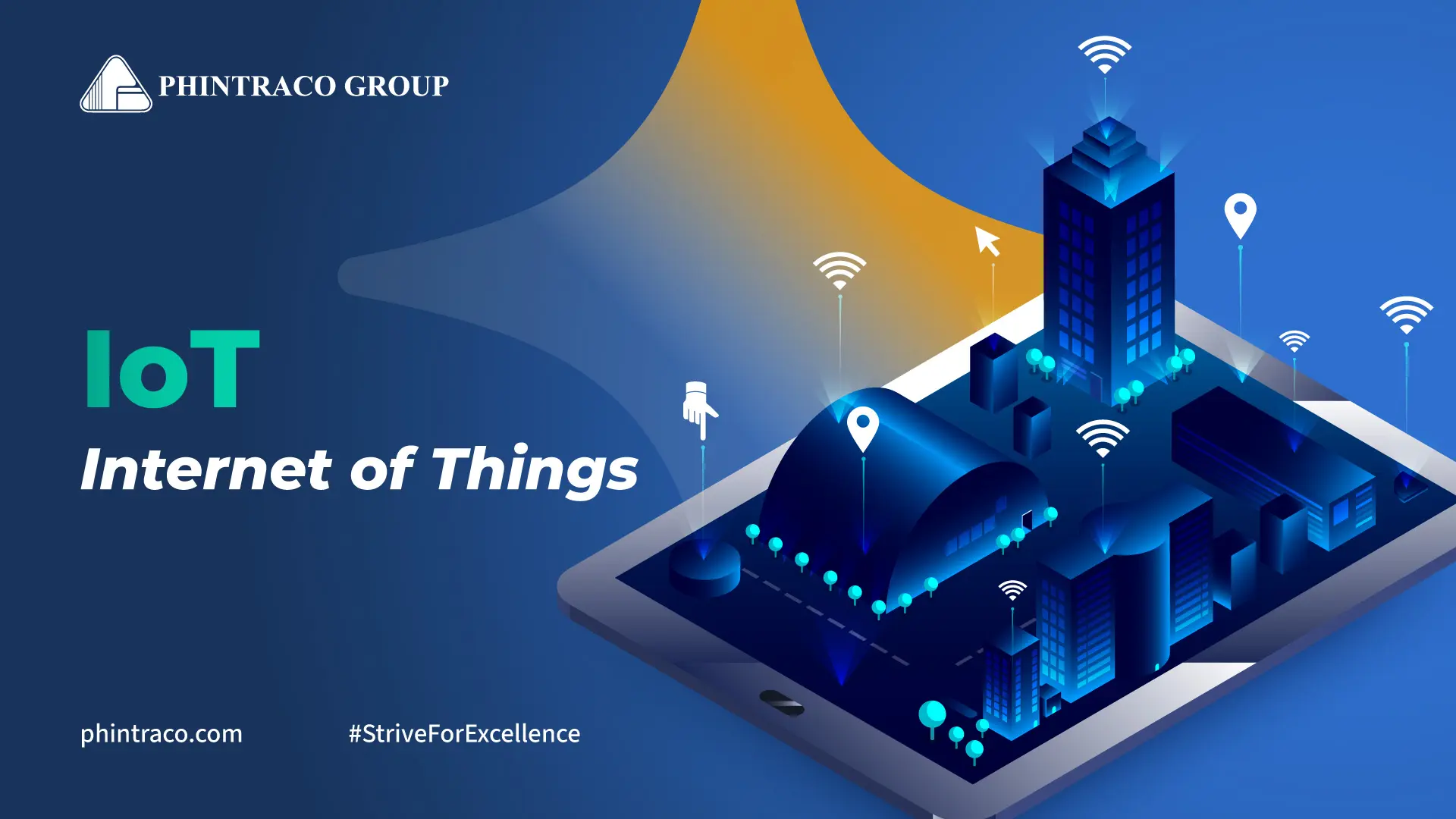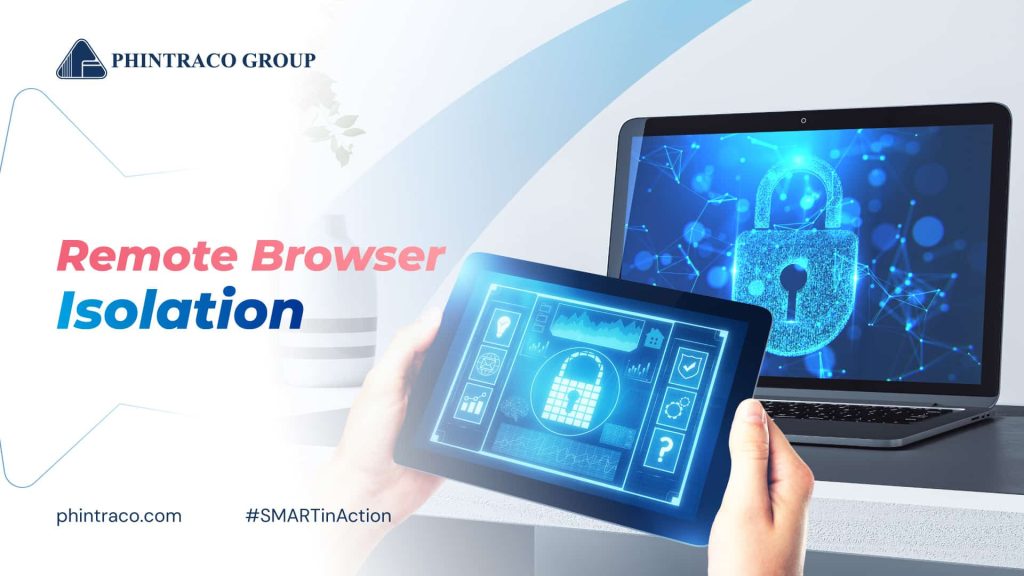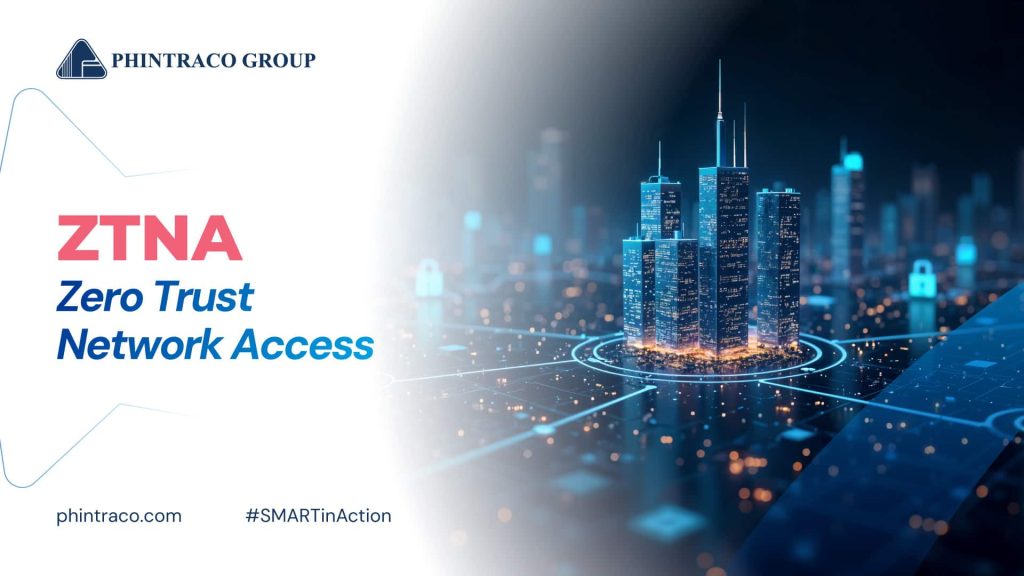Internet of Things: Business Implications and Opportunities

In today’s digital era, physical and virtual worlds are more intertwined than ever before. One of the major forces behind this transformation is the Internet of Things (IoT). From wearable health trackers to bright traffic lights that optimize urban transportation, the IoT is changing the way we live, work, and interact with technology.
From a business perspective, however, the Internet of Things industry is emerging as a critical driver of business transformation. It’s no longer just a futuristic concept but a practical, high-impact solution that is being adopted across industries. Especially for multi-national companies that manage a global supply chain and establish new branches across continents, recognizing the value of the IoT is essential for staying ahead of the curve. In this article, we will discuss the Internet of Things (IoT) in detail. We will cover topics such as what Internet of Things devices are, why they are important, how the Internet of Things works, and what examples exist. We will also explore the business implications and opportunities of the IoT.
What is the Internet of Things?
The Internet of Things (IoT) is a system of physical objects, or “things”, that are embedded with sensors, software, and other technologies that allow them to connect and exchange data with other devices and systems over the internet. These devices range from simple household gadgets to complex industrial equipment.
The Internet of Things enables devices to collect data, communicate with each other, and autonomously make decisions or trigger actions. The term first gained traction in the early 2000s, but its roots go back to the use of RFID tags for inventory tracking. It’s also an early example of the Internet of Things in manufacturing. Since then, the IoT has rapidly evolved, powered by advancements in cloud computing, edge computing, and AI.
Why Internet of Things is So Important?
As evidenced by its ability to provide businesses and customers with real-time actionable insight, the importance of the IoT is clear. Here are some of its important functions and roles:
Real-Time Data
IoT enables devices to send and receive data continuously, allowing organizations to respond instantly to operational changes or issues.
Predictive Maintenance
In manufacturing, IoT sensors can monitor machinery and detect anomalies before a failure occurs, saving time and maintenance costs.
Operational Efficiency
Automating routine processes such as inventory tracking, energy usage, and environmental control increases productivity.
Enhanced Customer Experience
Retailers can use IoT devices to personalize in-store experiences, monitor foot traffic, and automate checkout processes.
Sustainability Impact
Smart energy grids, smart agriculture, and water quality monitoring can contribute to more sustainable business operations.
How Does the Internet of Things Work?
IoT systems function through a layered method. Here’s how they usually work:
Devices and Sensors
These devices and sensors collect data from the environment or users. Such devices could include a temperature sensor in a warehouse or a GPS device in a delivery vehicle.
Connectivity
Depending on the use case, the data is transmitted through various communication protocols, including Wi-Fi, Bluetooth, cellular, or LPWAN (Low Power Wide Area Network).
Data Processing
Once the data reaches a server or cloud platform, it is analyzed using software algorithms or machine learning models.
User Interface
Finally, the insights are presented through dashboards or mobile apps. This allows human users to make decisions or monitor processes.
Many businesses also incorporate edge computing into their IoT architecture. This enables data to be processed closer to where it is generated, thereby improving response times and reducing network load. However, this interconnectivity can introduce security risks, so encryption, authentication, and regular patching are needed.
What are the Internet of Things Examples?
There are many applications of the IoT span sectors and geographies. Here are some of the examples:
Consumer Applications
Consumer applications include smart home systems (lights, thermostats, security cameras), wearable fitness trackers, and smart appliances (such as a smart fridge).
Industrial & Enterprise
Industrial & enterprise use cases include predictive maintenance for manufacturing equipment, inventory and warehouse management, and fleet tracking systems.
Smart Infrastructure & Public Services
This includes traffic management systems, smart waste bins, and air & water quality sensors deployed in cities.
What are the Internet of Things Business Implications and Opportunities?
The business implications for the IoT are not hypothetical. It has real, measurable impacts, such as:
Operational Excellence
Real-time monitoring enables businesses to improve efficiency, reduce downtime, and cut costs significantly.
New Business Models
Companies can use new business models or entirely new services powered by sensor data.
Better Risk Management
IoT systems can detect unsafe conditions and automatically shut down operations to minimize risks.
Customer-Centric Services
Personalized and data-driven experiences can lead to higher customer satisfaction and retention rates.
Scalability & Global Control
Multinational companies can manage distributed operations, from warehouses to retail outlets, with insight.
Optimize Your Business with IT Outsourcing from PhinCon!
As the adoption of the Internet of Things (IoT) accelerates, businesses need reliable IT professionals to design, integrate, and maintain these complex systems. For international companies expanding their operations in Indonesia, PhinCon offers a strategic solution in our IT outsourcing services.
PhinCon can provide top-tier technology professionals who are trained, certified, and ready to contribute immediately. Available roles include:
- Android Developer
- iOS Developer
- Fullstack Developer
- Golang Developer
- Mobile Developer
- Quality Assurance
- DevOps
- Business Analyst
- Solution Architect
- L2 Operation Support
- etc.
With PhinCon, you can gain access to a flexible outsourcing model tailored to your company’s needs. Streamline your expansion in Indonesia and support your IoT strategy with PhinCon’s expert IT outsourcing now!
Contact us at marketing@phintraco.com for more information.
Editor: Irnadia Fardila
Categories
Trending News



Leave a Reply